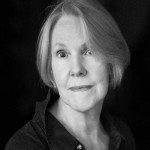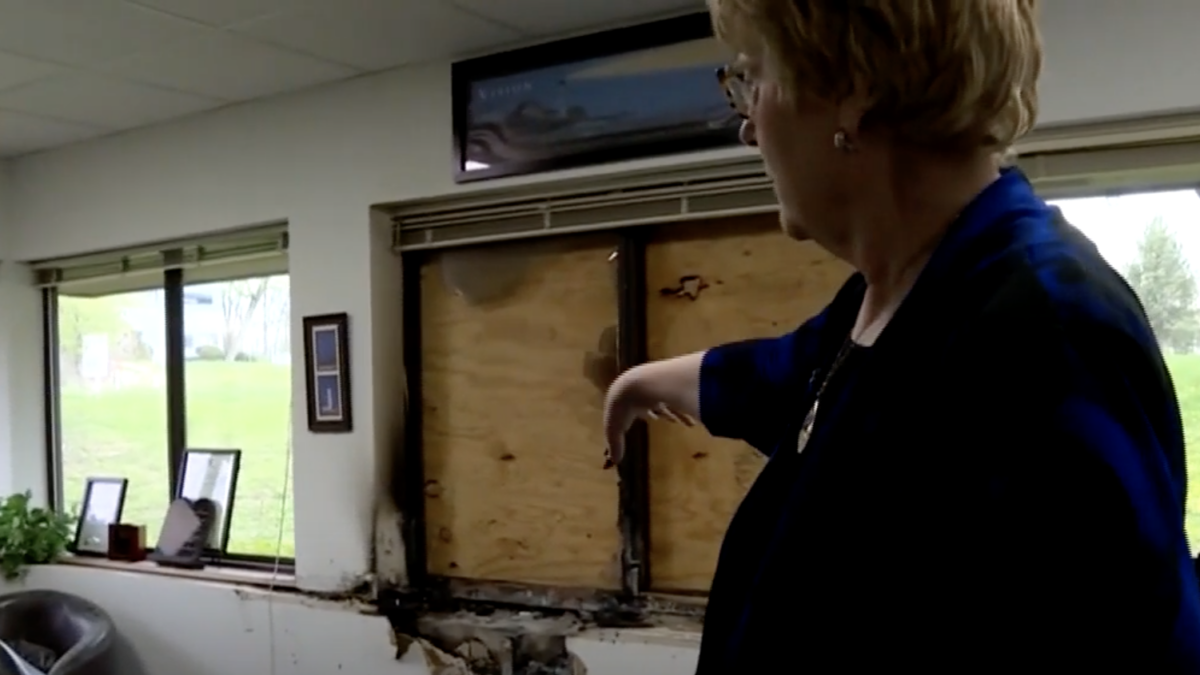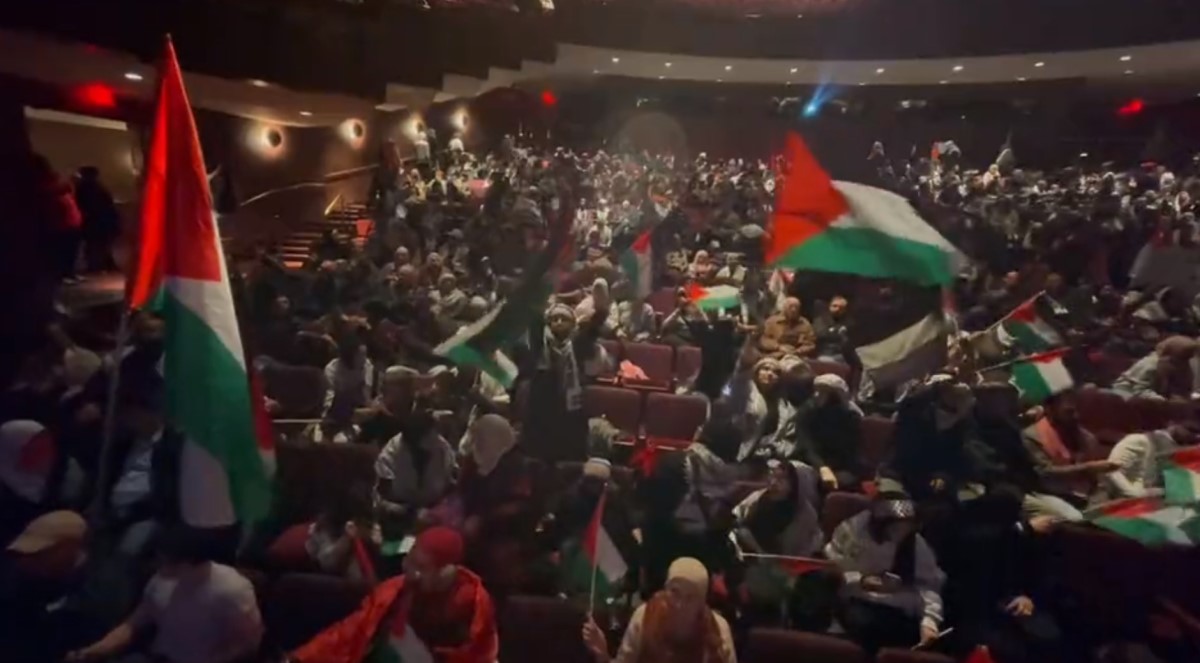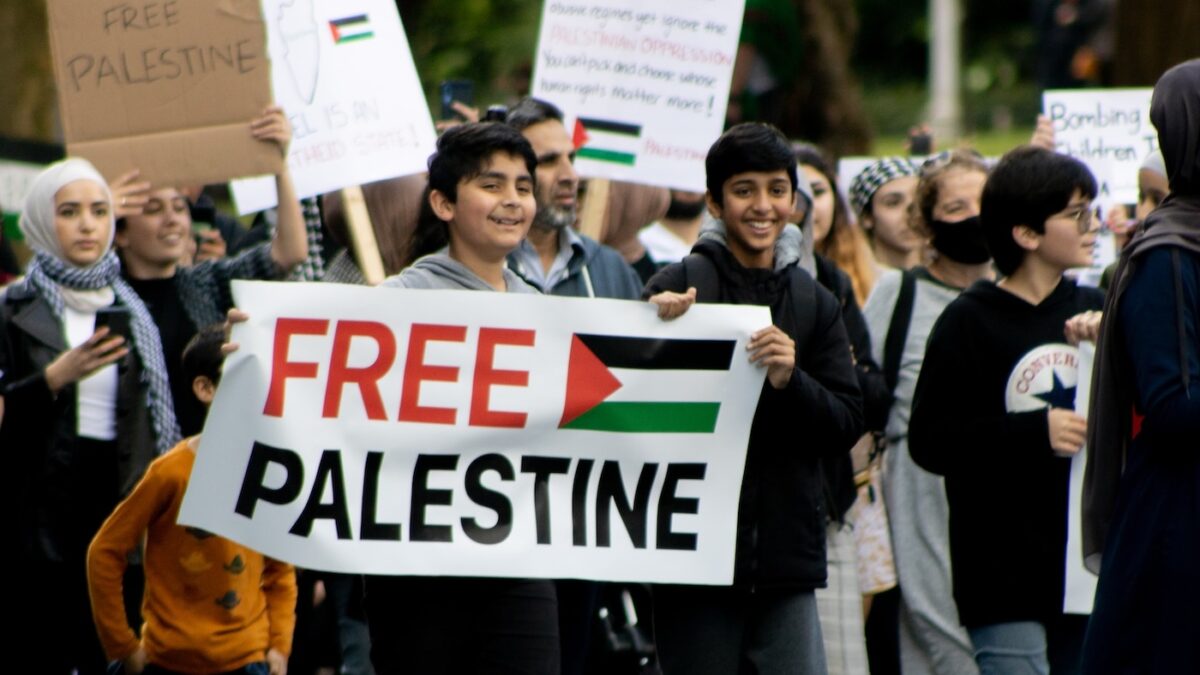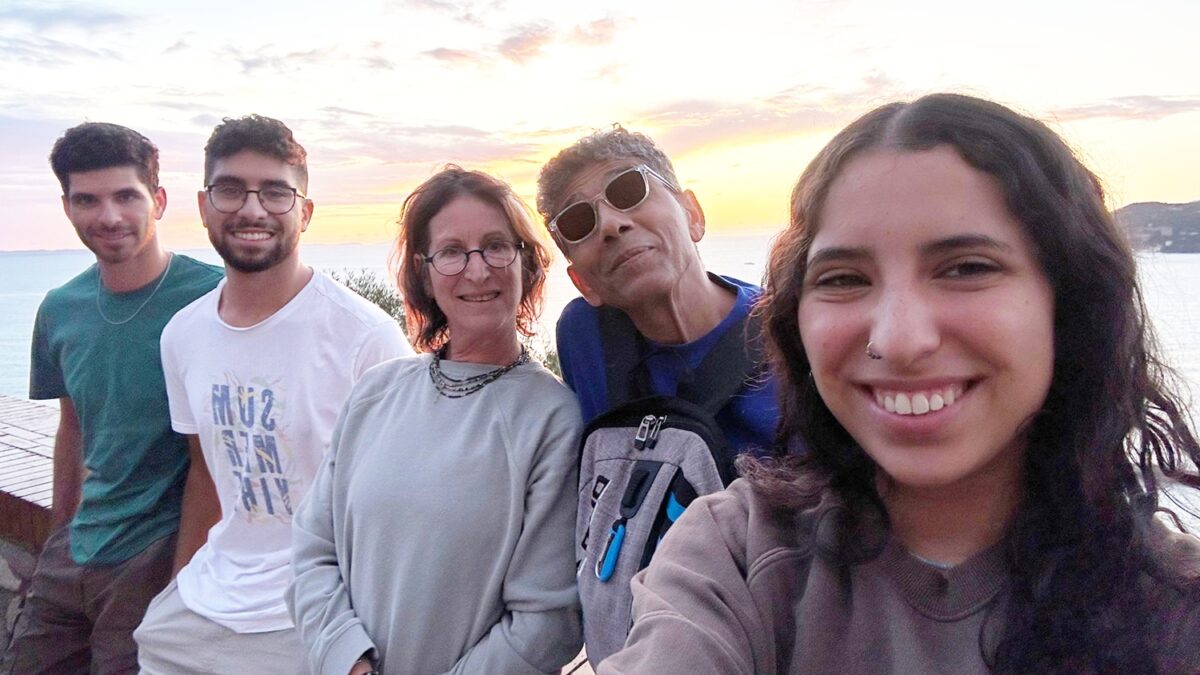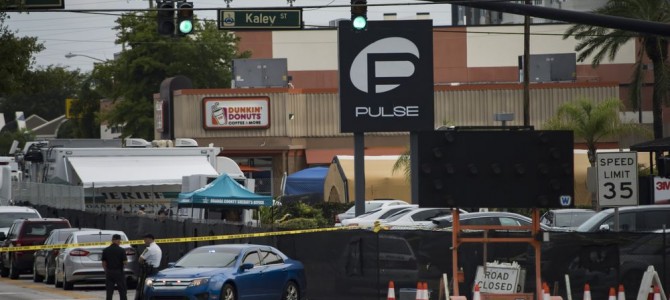
It has been a quarter-century since the Crown Heights riots in August 1991. The driver of a car in the Rebbe Menachem Schneerson’s motorcade lost control and accidentally killed a seven-year-old black child. An angry mob, bent on revenge, stabbed to death an innocent Jewish scholar. One incident in those lethal three days is a connecting strand to the Orlando carnage.
At the height of the rioting, New York Newsday columnist Jimmy Breslin took a cab to Crown Heights to cover a talk by then-Mayor David Dinkins. A pack of some 25 black youths swarmed the cab, smashing in its windshield with a bat. They stripped him to his underwear, beat, and robbed him. During the attack, an assailant shouted, “White man! White man!” It did not matter that Breslin was not a Jew. He was white. That was enough. Bloodlust is simpler than we make it.
Crown Heights Jews were hated not for their Judaism but for their skin color. They were the whitest whites of all. With their distinctive dress and separate habits, the Orthodox provided an exaggerated symbol of the hated whitey. Whiteness, as we hear from heirs of Franz Fanon, is more than a matter of pigmentation. It is a moral defect, an indelible stain.
Listening now to pundits on TV puzzling over the origin of the Orlando slaughter—availability of guns? homophobia? Christianity? Omar Mateen’s self-hatred?—I remember that exultant “White man! White man!” Memory balks at a tangled inquest into motives. Search for reasons shortens to the self-evident one: Islamic hatred of the infidel.
No, we are not all potential terrorists. No, we have not been asking for it with our biblical taboos. But we are—still—a free and open society. And that freedom is intolerable to theocratic Islam.
Can Islamists Hate Us More than We Hate Ourselves?
To Allah’s boys, homosexual club-goers in Orlando, with their liberty and up-front assertion of sexuality, embody the alien West. They are as repugnant to a Muslim fanatic as a white man, Jew or not, to resentful blacks on a Brooklyn street 25 years ago. Jews and homosexuals are pretexts for deep-rooted rage against something far larger than themselves.
The Better Sort—academia, the commentariat, cultural mandarins—have a hard time acknowledging malice in the multi-culti wonderland they imagine for us. They talk their way around it, psychologize it into a case study where there are no enemies to be defeated. There are only persons to be understood. A penitential class, our betters are ingenious in their capacity for self-accusation. They compete with each other for conjuring away the obvious or turning it into a spearhead against the open society that offends totalitarian Islam and the Left in equal measure.
They also raise denial to an ethic. U.S. Attorney General Loretta Lynch tells us the killer’s true motives may never be known. This, though Mateen pledged allegiance—in Arabic—to Abu Bakr al-Baghdadi “on behalf of the Islamic State.” Lynch echoes James Comey who, a year ago, announced the FBI was struggling to discern Mohammed Yousef Adbulazeez’s true motives for murdering five men in an armed-forces recruiting station in Chatanooga.
George Rutler, writing in Crisis four days after the Orlando bloodbath, gave a brief tutorial on previous dissociative defense mechanisms:
Artful denial is a common disposition of those who will not compromise their ideology with reality, lest they be discomfited by the fact of evil. The Turkish government persists in denying the genocide of 1.5 million Armenians between 1915 and 1923. Japan still denies the massacre of hundreds of thousands of Chinese in 1937 during the Second Sino-Japanese War. Not until 1994 did Russia accept full responsibility for the slaughter of 21,857 Polish army officers, clergy, and academics in the Katyn forest. In that same year, President Roosevelt brushed aside Jan Karski’s microfilmed evidence of Nazi concentration camps as did Supreme Court justice Felix Frankfurter: ‘I did not say that (Karski) was lying. I said that I could not believe him. There is a difference.’
History is thick with the stench of decay rising from dead consciences. The fumes are inescapable. They waft around us now. Received wisdom has it that “moderate” Muslims are a silent majority; that their silence is a sign of fear, not indifference. But it is fair to ask to what degree that generous alibi might be little more than a well-meaning projection of mainstream American decency.
Shooting People Is Like Sexism
Stay for a moment with Taneem Husain, a Muslim-American academic. She is visiting assistant professor of gender, women, and sexuality studies at Gustavus Adolphus College, a Minnesota institution affiliated with the Evangelical Lutheran Church. (Minnesosta is noted for producing dozens of young Muslims who left home to join jihadists in Syria and Africa.) Three months ago, she was invited to nearby Carleton College to give a talk entitled: “Desiring Inclusion, Demonstrating Love: Constructing the Good Muslim American.”
Carleton introduced her with this blurb:
Husain has a particular focus on Muslim American identity. Her teaching interests are in queer theory, pop culture and media studies, literature, and postcolonial and transnational feminisms. Her research focuses on representations of Muslim Americans, and her book project, Empty Diversity in Muslim America: Race, Religion, and the Politics of U.S. Inclusion, looks at how Muslim American popular texts engage and contest binaries between ‘good’ and ‘bad’ Muslims.
In short, Husain is in the image business, promoting crafted identity where the Left has established itself since the 1960s: in the fertile ground of academia. Four days after Orlando, she published an essay “Beyond @ NotInMyName” in the online magazine Altmuslimah. It begins: “It seems like every week we in the U.S. have another mass shooting to decipher and process.” Just one more mass shooting in a country that clings to guns. What is to be expected? She moves along:
Orlando isn’t my tragedy – I’m not queer, I’m not Latina, I’m not Floridian. And as Muslims so often reiterate, we should not be expected to feel a collective guilt because a shooter identified with our religion.
Let us not call Mateen a Muslim. Husain disassociates him from Islam by classifying him as someone who merely identified with Islam. As academia has been instructing us lately, anyone can identify with anything.
A credentialed moderate, the professor does chide Islam for the two sins most abhorrent to the academy. And she uses the academy’s own argot:
When we define our Islam as if problematic aspects like sexism and homophobia are irrelevant, we negate the gendered oppression and homophobia that does take place in our Muslim communities. Sexism and homophobia continue to exist in Muslim communities. . . .
Sexism is violence. Homophobia is violence. And we’re kidding ourselves if we think these smaller violences don’t lead to the palpable shootings we are so quick to condemn.
She repeats a lament “for the violence caused by the lack of gun control.” All sounds soothing, benign. Her essay is empty of any reference to the content of her faith. It is scrubbed clean of all theological imperatives to violence. Gone is any hint of canonical obligation to subdue and overmaster the Dar al-harb and subdue the harbis. Scratch the word Muslim, and any Unitarian could have written the piece.
The tenor of Husain’s response to Orlando was repeated in The New York Times. Bilel Qureshi, a former editor and producer with NPR, submitted a plaintive op-ed, “The Muslim Silence on Gay Rights”: “When I was growing up, there were no Muslim role models or blueprints for taking a different path to love. . . . queer Muslims are marginalized if not simply invisible.”
Then comes the boilerplate: “No religion has a monopoly on homophobia.” Perhaps not. But there is only one that we know of which throws homosexuals off roof tops and shoots or stones those who survive the fall.
Again, no mention of the substance of Islam. There was only the personal confession of his struggle to reconcile his homosexuality with his faith. The reader gains no sense of what that faith holds. Forty-nine people are dead. And this man thinks of role models and gay marriage.
Compare these self-referential reactions with the enduring, unconditional denunciation of abortion clinic violence by Catholic leaders and institutions. All categorically rejected any justification for violence against abortionists or their facilities. Attacks peaked in the late 1990s. Cardinal O’Connor, in a homily delivered at St. Patrick’s Cathedral in 1998, gave this response to the fanatical actions of groups such as Operation Rescue:
We can come to know what it means to be truly human, to be made in his [Christ’s] image and likeness, whoever we are, whatever our religion, our color, our sex, our orientation, our sins. . . . We see every individual in the world as equally sacred, of immeasurable worth and dignity. . . .
On this occasion I repeat publicly what I have said before and mean, with every fiber of my being: ‘If anyone has an urge to kill an abortionist, kill me instead.’ That’s not a grandstand play. I am prepared to die if my death can save the life of another.
In the wake of Orlando, the resounding silence of American Muslims—apart from anodyne deflection of public attention away from Islam and onto gun control and gay rights—should give us pause.
